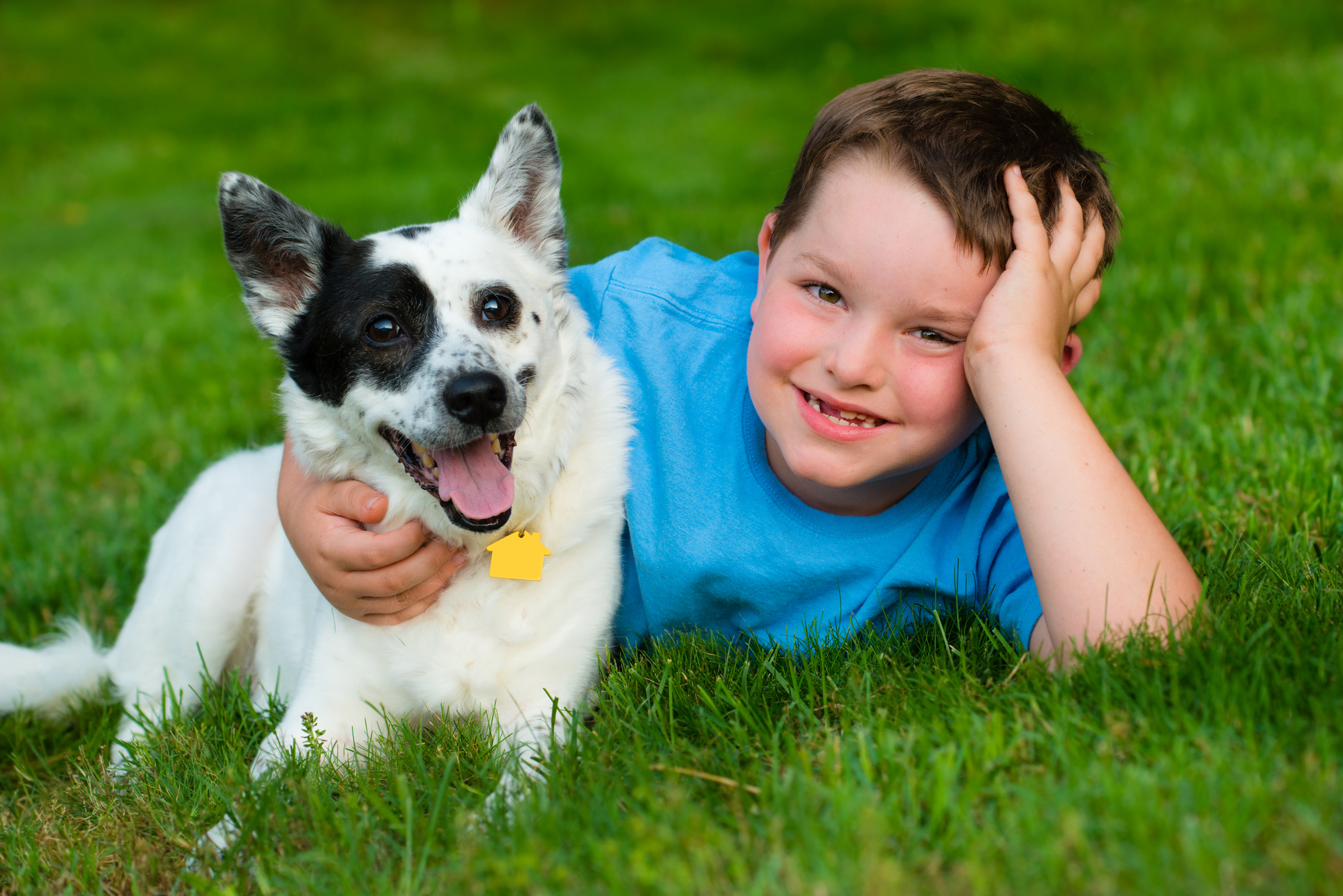Vegan diets have gained great popularity across the world over the last few years. A vegan diet is naturally more focused around consuming plant-based foods such as fruit, vegetables, whole-grains and legumes. Following a well-planned vegan diet full of nutrient rich foods and healthy meat substitutes can offer many great health benefits.
So, could a vegan diet be beneficial for your fertility? Let’s take a look at the pro’s and con’s…
What are the benefits of a vegan diet for fertility?
-
A vegan diet can be packed with antioxidants
Exposure to harmful substances such as pollution, alcohol and smoke can cause oxidative stress, inflammation and damage to your eggs. Damaged eggs may increase your risk of infertility and conditions such as polycystic ovary syndrome.
A diet rich in antioxidants can help control inflammation and reduce the damage to your eggs. A healthy vegan diet filled with a variety of minimally processed plant foods provides these valuable antioxidants in the form of vitamins, minerals and phytonutrients. The more diverse your intake, the better the protection. Which is why I always recommend that you try to ‘eat a rainbow’ of fresh produce.
-
Cutting out animal products means less exposure to endocrine disrupting chemicals
As a vegan diet doesn’t include animal products, naturally vegans avoid the consumption of harmful chemicals which are found and stored in the fatty tissue of some animals (meat, fish, shellfish and dairy). These chemicals are known as endocrine disrupters and may have harmful effects on fertility.
So, what is the downside of a vegan diet for fertility?
Before you rush into going vegan for fertility, there are some important considerations. Whilst the vegan diet has its obvious fertility benefits, there is still a risk of nutrient deficiencies which must be considered when planning your diet.
Vitamin B12 is only found in animal products meaning vegans are at a high risk of deficiency. B12 works together with folate and vitamin B6 to regulate levels of homocysteine in the body. Homocysteine can become harmful to fertility if levels in the body become too high.
The bottom line:
Following a vegan diet can have great benefits for your fertility however it’s vital that your diet is well-planned to ensure you are still getting enough nutrients to meet your requirements. If you’re following a vegan diet and want to optimise your fertility, check out my ‘fertility friendly plant-based recipe e-book’ that includes a range of yummy plant-based meals that provide key fertility nutrients. www.melaniemcgrice.com/shop









